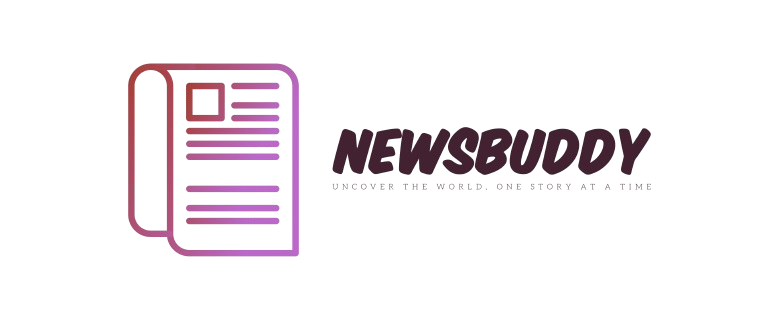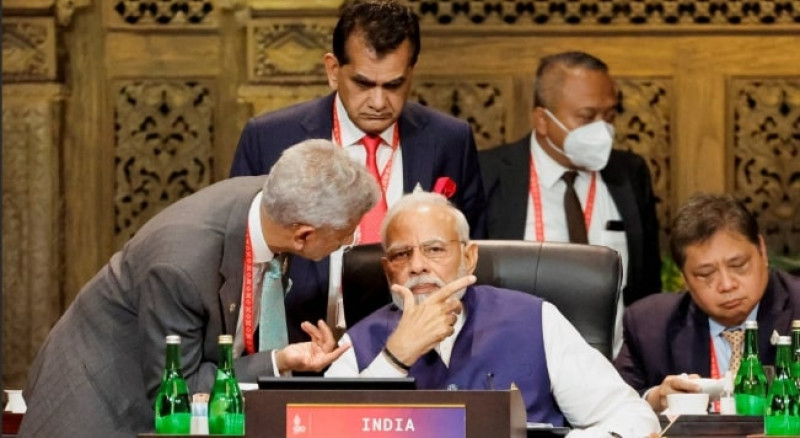In a significant development, the Canadian government has rejected claims made by a national media outlet alleging that Indian Prime Minister Narendra Modi and External Affairs Minister S. Jaishankar were directly involved in a plot to assassinate Hardeep Singh Nijjar, a pro-Khalistan activist. Calling the report "speculative and inaccurate," Prime Minister Justin Trudeau's administration has urged caution, stating that such narratives could worsen already strained relations between Canada and India.
The Controversial Report
The report, which quickly garnered international attention, suggested that top Indian leaders were aware of or involved in the death of Nijjar, who was gunned down in British Columbia in June. It claimed that Canadian intelligence had gathered evidence pointing toward Indian complicity, framing the issue as a diplomatic crisis of historic proportions.
However, Canadian officials have downplayed these assertions. A government spokesperson clarified that no verified evidence directly implicates Indian leaders and labeled the report as unsubstantiated speculation.
India's Firm Denial
India has strongly denied any involvement in Nijjar’s murder, reiterating its stance that the allegations are baseless and politically motivated. The Indian government has consistently criticized Canada for allegedly harboring extremist elements that threaten India's sovereignty.
External Affairs Minister Jaishankar, in a recent statement, accused Canada of turning a blind eye to Khalistani activities on its soil, further deepening the rift.
Diplomatic Fallout So Far
The controversy has already caused significant diplomatic turbulence:
- Visa Restrictions: India suspended visa services for Canadians, citing security concerns at its diplomatic missions.
- Reduction in Diplomatic Staff: Canada pulled out several diplomats from India following threats to their safety.
- Bilateral Trade on Hold: Talks on a proposed trade agreement between the two nations have been stalled indefinitely.
Reactions and Implications
The international community is closely watching this standoff, with major players like the United States and the United Kingdom urging dialogue. Domestically, Trudeau’s government faces pressure from Canada’s Sikh community to address their concerns while balancing foreign policy.
On the Indian side, the government is focused on countering what it sees as a campaign to undermine its global reputation.
What Lies Ahead?
As both countries navigate this diplomatic impasse, resolving the Nijjar controversy remains crucial. Trust between India and Canada, once strong partners in trade and global forums, now hangs by a thread.
Stay updated with NewsBuddy for the latest developments in this evolving story.



